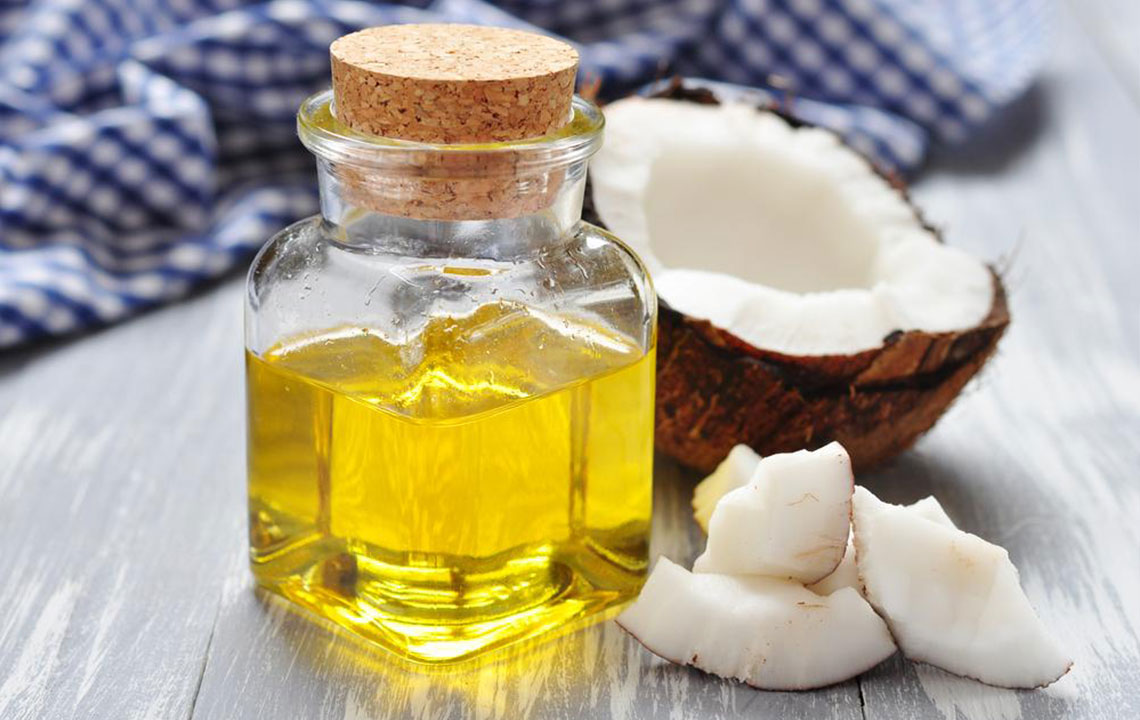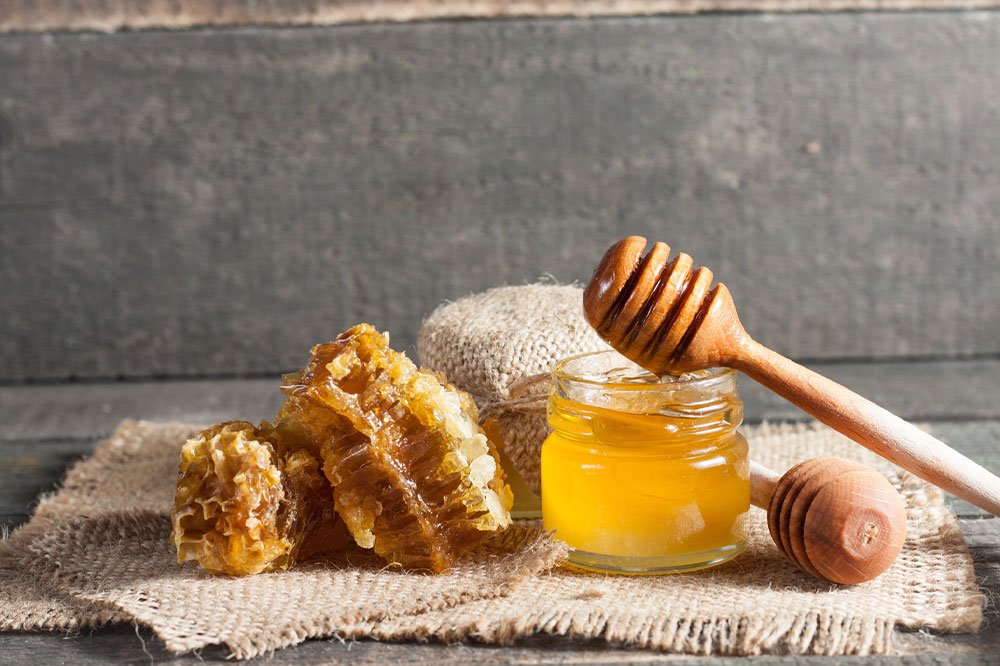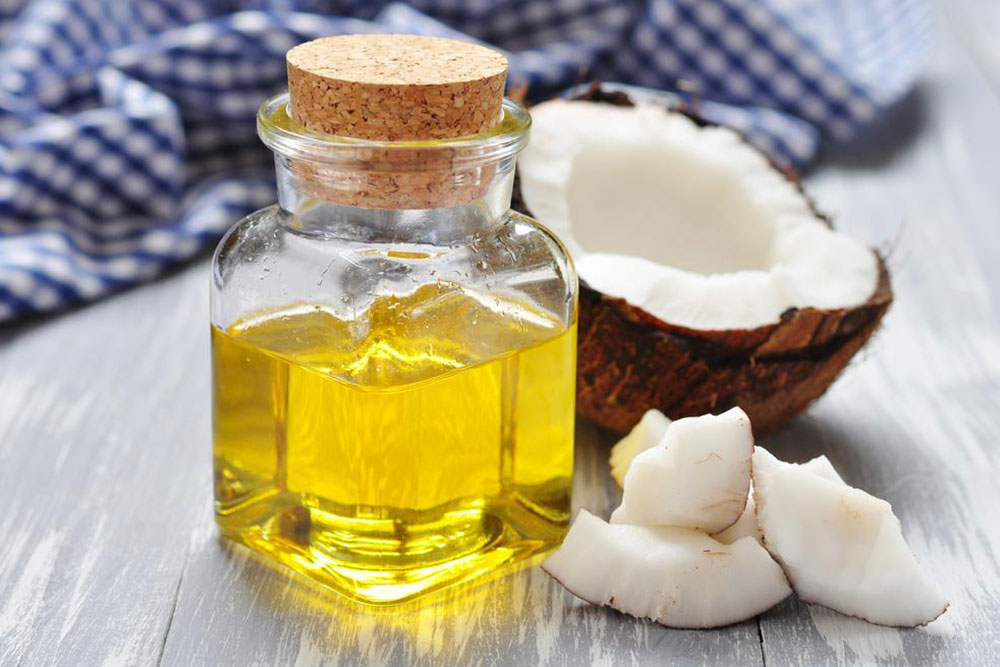Effective Natural Remedies to Relieve Tonsillitis Symptoms and Promote Healing
This comprehensive article explores over a dozen natural remedies for tonsillitis, including saltwater gargles, herbal teas, nourishing broths, and dietary tips. It emphasizes the importance of rest, hydration, and avoiding irritants to support faster recovery. Suitable for those seeking safe, natural ways to manage symptoms at home, the guide offers detailed instructions and insight into using everyday ingredients like ginger, honey, and omega-3 rich fish to promote healing and reduce discomfort during tonsillitis episodes.

Comprehensive Natural Strategies to Alleviate Tonsillitis Discomfort
Tonsillitis, a prevalent health issue, is characterized by inflammation and infection of the tonsils, which are lymphatic tissue located at the back of the throat. This condition commonly manifests through symptoms such as a sore throat, fever, difficulty swallowing, and swollen lymph nodes in the neck. It affects individuals of all ages but is particularly common among children and teenagers. The incidence of tonsillitis accounts for approximately 1.3% of outpatient medical visits worldwide. While bacterial infections necessitate antibiotics, viral causes often resolve on their own within about a week. Nonetheless, supportive care with natural remedies can significantly ease symptoms, prevent complications, and accelerate recovery. Below is an extensive guide to natural strategies you can incorporate into your daily routine to manage tonsillitis symptoms effectively.
Saltwater Gargle for Instant Throat Relief
One of the most accessible and effective home remedies for sore throat relief in tonsillitis is gargling with warm salt water. This simple method not only alleviates pain and inflammation but also helps reduce bacterial load in the throat, promoting faster healing. To prepare the saltwater solution, dissolve about half a teaspoon of salt into a glass of warm water. Stir until fully dissolved. Take a mouthful, tilt your head back slightly, and gargle for 30 seconds to a minute. Repeat this process several times daily, making sure to spit out the solution each time. After gargling, rinse your mouth with clean water to remove any residual salt. Regular use of saltwater gargles can decrease swelling, soothe irritated tissues, and diminish discomfort during the healing process.
Ginger Tea Infused with Raw Honey for Natural Anti-inflammatory Support
Ginger, renowned for its potent anti-inflammatory and antibacterial properties, is an excellent ingredient for soothing sore throats caused by tonsillitis. Preparing ginger tea involves boiling fresh crushed ginger in water for several minutes until the water develops a strong, spicy aroma. Strain the liquid, then add a teaspoon of raw honey before drinking. Honey’s natural healing qualities, combined with ginger’s antimicrobial effects, create a powerful remedy that can reduce inflammation, calm irritation, and support immune health. Consuming this warm beverage multiple times daily can help ease symptoms and promote faster recovery.
Nourishing Chicken Broth or Soup
Incorporating warm, nutritious broths and soups into your diet during tonsillitis can provide much-needed hydration and aid in soothing sore throat pain. Chicken broth or homemade chicken soup contains essential electrolytes and amino acids that bolster immune function. These warm liquids also promote comfort and hydration, which are vital during illness. Adding herbs such as pepper, garlic, or ginger can further enhance their immune-boosting properties. Ensure that the broth is warm but not excessively hot to avoid irritating the inflamed tissues. Regular consumption of these soothing soups can expedite recovery and help maintain proper hydration levels.
Chamomile Tea for Gentle Anti-inflammatory Relief
Chamomile, a well-known calming herb, possesses natural anti-inflammatory and antioxidant properties that can significantly reduce swelling and discomfort associated with tonsillitis. Brewing a cup of chamomile tea involves steeping dried chamomile flowers in hot water for about five minutes. The resulting herbal infusion has a gentle aroma and soothing qualities that can calm irritated tissues and minimize inflammation. Drinking chamomile tea several times a day can ease sore throat symptoms, promote relaxation, and support healing. Its natural properties make it a favored remedy for managing inflammation and promoting overall well-being during illness.
Cinnamon in Warm Almond Milk for Healing and Comfort
Cinnamon is a powerful spice rich in antioxidants and anti-inflammatory compounds. To prepare a soothing drink, simmer a stick of cinnamon in warm almond milk along with a pinch of baking soda. Stir in a touch of honey for added sweetness and therapeutic benefits. Drinking this warm mixture two to three times daily can support throat healing, reduce inflammation, and provide comfort during severe tonsillitis episodes. The combination of cinnamon's medicinal properties and the nourishing qualities of almond milk makes for a cozy, health-boosting beverage.
Horseradish for Immune Enhancement
Horseradish is a root vegetable packed with nutrients, minerals, and compounds that strengthen the immune system. Its pungent flavor and health-promoting effects make it beneficial during infection. Incorporate horseradish into your diet by grating it raw onto salads or mixing it into cooked dishes like boiled or grilled meats. Its antimicrobial and anti-inflammatory properties help combat infection and soothe inflamed tissues. Regular consumption of horseradish can provide significant support to your immune defenses, aiding in faster recovery from tonsillitis.
Omega-3 Rich Foods: Fatty Fish for Immune Boosting
Including foods rich in omega-3 fatty acids, such as salmon, mackerel, and tuna, can have a positive impact on your immune system during tonsillitis. Omega-3s possess anti-inflammatory properties that help reduce swelling and pain in the throat. These healthy fats support the body's natural healing processes and can shorten the duration of illness when incorporated as part of a balanced diet. Aim to include fatty fish in your meals at least two to three times per week to harness their immune-supporting benefits and promote overall health during the recovery process.
Cooled Foods for Temporary Sore Throat Relief
Cold foods and treats such as ice cream, frozen yogurt, or chilled fruit can provide temporary numbness and relief from sore throat pain. Eating these cold items may help reduce swelling and calm inflamed tissues, offering quick comfort. However, moderation is key, as excessive consumption of sugary ice treats can have adverse effects. Always opt for healthier, less sugary cold foods when possible, and ensure you maintain proper hydration and nutrition alongside other remedies.
Soft, Easy-to-Swallow Foods to Minimize Discomfort
During tonsillitis, swallowing can become painful, especially when the tonsils are swollen. Eating soft, easy-to-digest foods such as mashed potatoes, cooked rice, oatmeal, yogurt, and smoothies can help maintain nourishment without aggravating sore tissues. Avoid crunchy, crispy, or spicy foods, as they can worsen irritation. Focus on gentle, moist foods that provide essential nutrients while minimizing pain and discomfort during recovery.
The Importance of Rest and Hydration in Recovery
Rest is a vital component of the healing process, as it allows your immune system to effectively combat infection. Prioritize adequate sleep and minimize physical exertion while sick. Maintaining proper hydration is equally essential. Drink warm water, herbal teas, and nourishing soups frequently to support tissue repair and prevent dehydration. Using a humidifier and inhaling steam can keep your airways moist, alleviating dryness and irritation. Combining rest and hydration significantly enhances your body’s ability to recover swiftly from tonsillitis.
Vocal Rest and Avoidance of Irritants
To prevent further irritation and facilitate healing, avoid shouting, singing, or talking loudly. Vocal rest reduces strain on inflamed tissues, promoting faster recovery. Additionally, steer clear of spicy, fried, or heavily seasoned foods that can irritate the throat and exacerbate symptoms. Smoking, exposure to pollutants, and strong cleaning chemicals should also be avoided. Creating a soothing environment reduces additional stress on your respiratory system, paving the way for more effective healing.





